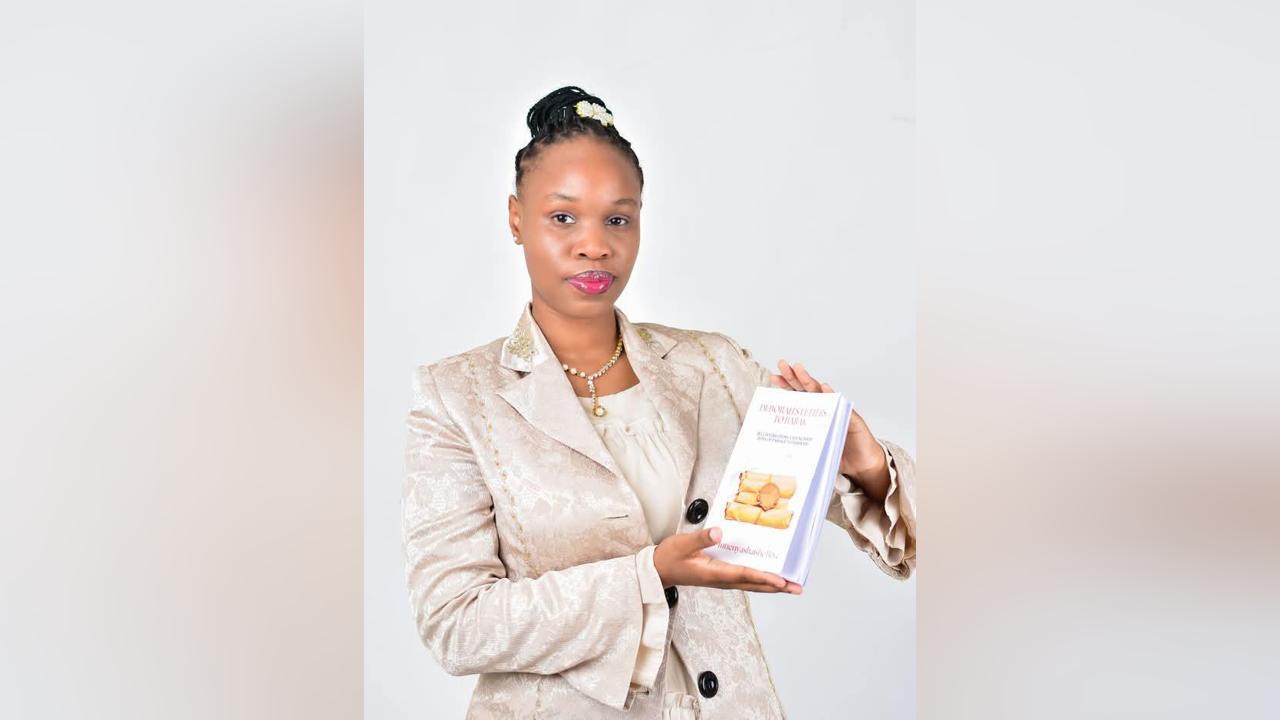Africa-Press – Botswana. ‘Deborah’s Letters to Barak’, a debut book by data scientist and AI engineer, Munenyashaishe Hove, offers a powerful blueprint for reshaping masculinity in today’s society.
Published by Poetic Blood Publishers and released in December, the 112-page offering seeks to mentor young men into becoming protectors, builders, and leaders with integrity and purpose.
Following the story of the two lead characters – Deborah and Barak – the book tackles pressing everyday issues faced by most men, including: identity, emotional healing, responsibility and leadership.
Each chapter unpacks complex themes such as ‘Predator vs. Protector’, ‘Sexual Trauma’, ‘Thinking Generationally’, and ‘Our Power’, blending biblical wisdom with practical guidance.
Hove’s work is positioned as a response to society’s neglect of the boy child, particularly in Botswana, where Gender-Based Violence (GBV) and broken family systems reflect a need for positive male mentorship.
“This book was birthed from pain, and real conversations with young men who felt lost and unseen,” explains Hove, who hopes her words will not only guide young men but also open up conversations between parents, mentors, and communities about responsible masculinity.Beyond offering support to individuals, the book is part of a larger movement.
Hove and her team are working to distribute ‘Deborah’s Letters to Barak’ as a mentorship tool throughout the country.
It is currently being translated into Setswana to reach more readers and is earmarked for distribution across several sectors: prisons, schools, churches, NGOs, and government agencies.
“The goal is to help young men in diverse environments heal, grow, and become change agents in their communities. For young men, I want them to understand that masculinity is about responsibility, not domination,” the first-time novelist emphasised.
She also believes women reading the book will gain a better understanding of the challenges young men face, sparking meaningful conversations around healing and unity.
Hove highlights three central takeaways from the book: healing, redemption and transformation are all possible.
Through the power of her pen, she envisions a future where boys grow into healthy men who build strong families, communities and nations.
For More News And Analysis About Botswana Follow Africa-Press






